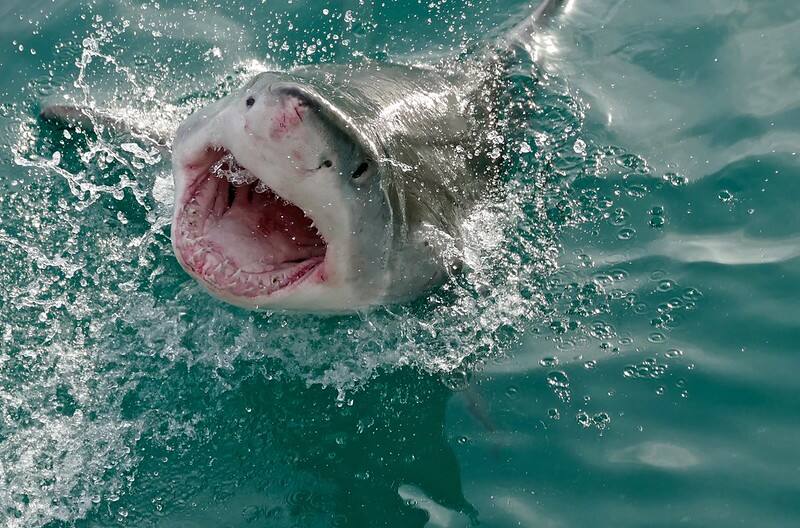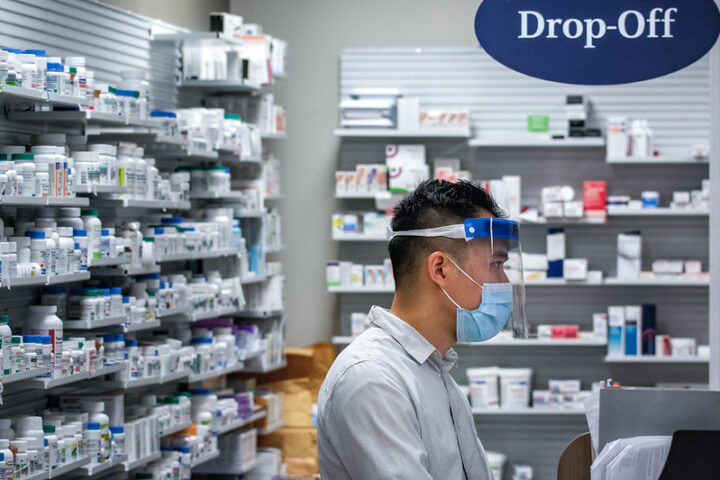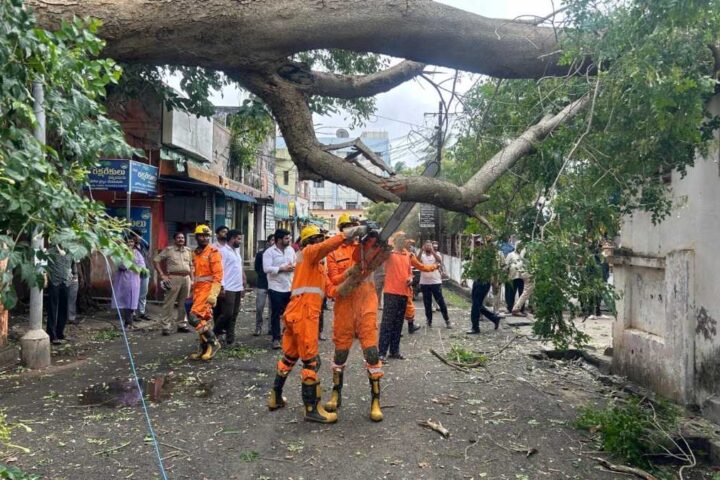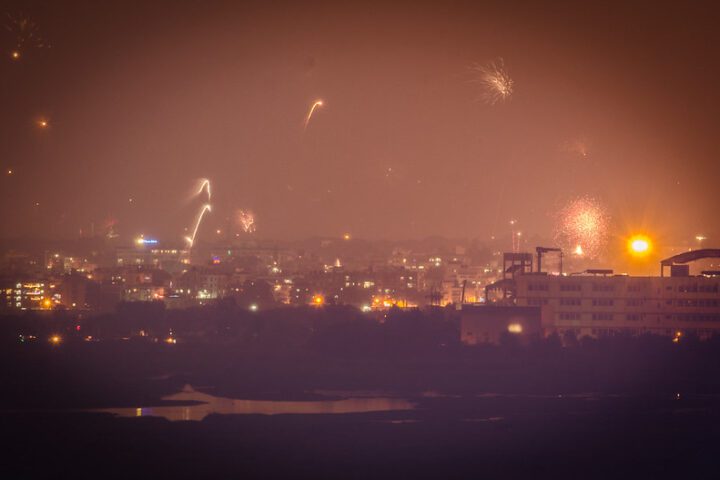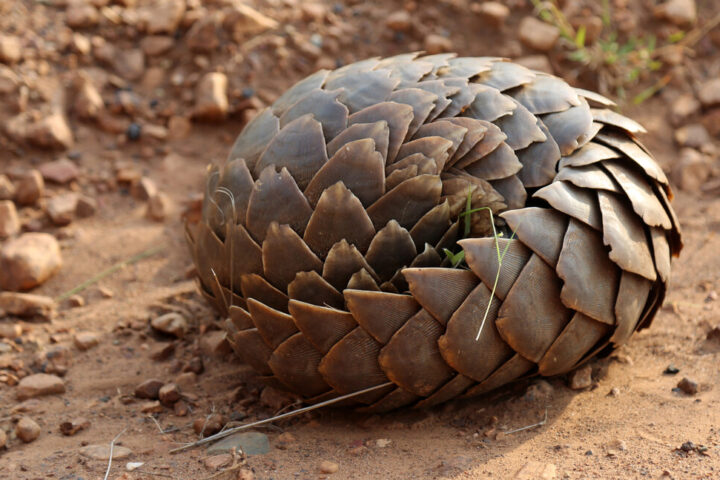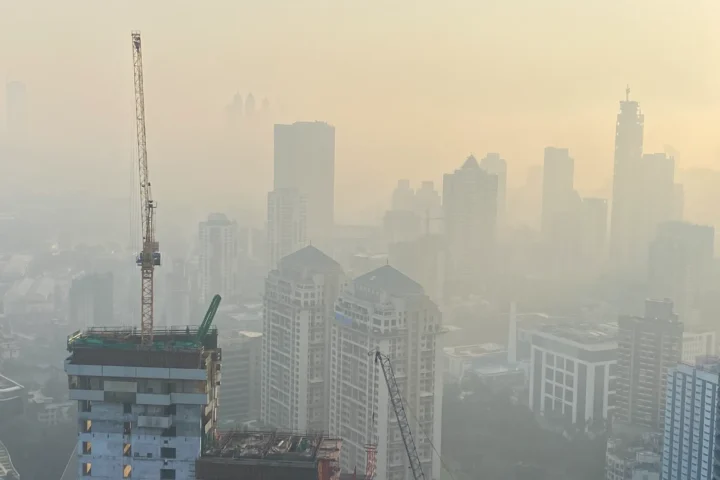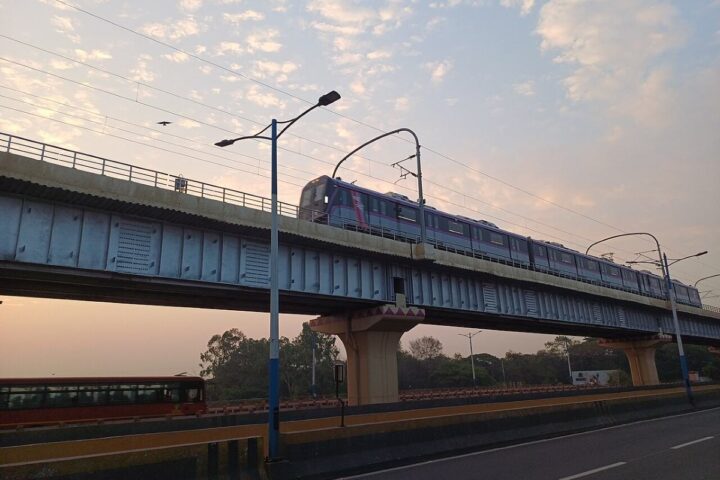On World Water Day (March 22, 2025), the BMC launched a water testing facility at the G-South Division lab in Dadar West, inviting Mumbai residents to submit tap, storage tank, and purifier water samples for comprehensive testing.
“Did you test the water sample you drink every day? Scientific analysis facility for drinking water samples in the laboratory of Brihanmumbai Municipal Corporation. Get tap water, storage tank water and purifier water tested at the Brihanmumbai Municipal Corporation’s laboratory,” the BMC posted on X, providing contact information: “For more information contact- Municipal Corporation (G. South Division Office, Dadar West) 022-24301551/ 022-45039792.”
The Municipal Analyst Laboratory isn’t just any testing facility—it’s NABL-accredited under ISO 17025:2017 for both chemical and biological testing and holds FSSAI recognition (Reg. No. 56/W/FSSAI/2021, valid through March 27, 2025). All tests adhere to BIS IS 10500:2012 standards and WHO guidelines, ensuring world-class analysis of your drinking water.
What Gets Tested and How?
The lab uses advanced Membrane-Filtration Technique for detecting bacteria like E. coli and total coliforms, with results available within 24 hours. Chemical testing covers essential parameters including pH, turbidity, total dissolved solids (TDS), residual chlorine, heavy metals like arsenic and lead, hardness, and alkalinity—all crucial indicators of water safety.
For Mumbai residents wanting to ensure their water is safe, the process is straightforward. Samples can be submitted Monday through Saturday between 10:30 AM and 4:30 PM at the G-North ward office in Dadar West. The testing fees are:
- Bacteriological examination: ₹880 per sample
- Chemical potability testing: ₹1,780 per sample
- Full panel (bacterial + chemical): ₹2,660
- Urgent reports: Additional ₹425
Results are typically delivered within 24-48 hours via email, giving you peace of mind quickly about the water you consume daily.
Impressive Capacity and Improving Water Quality
Previously, the lab processed between 180-220 samples daily, scaling up to 280 during monsoon emergencies. Their diligence is payed off—the rate of unfit water samples dropped to just 0.46% in 2023-24, down from 0.99% in 2022-23.
However, certain areas still face challenges. A ward (Colaba, Cuffe Parade) shows the highest contamination rate at 2.1%, followed by H East (Kalina) at 1.7%, G South (Lower Parel) at 1.2%, and B ward (Mohammad Ali Road) at 1%.
Similar Posts:
Public Health Impact
Water-borne diseases remain a significant concern in Maharashtra, with 3,991 cases reported in early 2024—the highest in four years. This represents an average of 11 people falling ill daily due to water-related ailments.
The 2024 statistics paint a concerning picture:
- Diarrhea: 1,474 cases with 6 deaths
- Cholera: 1,028 cases with 4 deaths
- Gastroenteritis: 669 cases with 4 deaths
- Jaundice: 820 cases with 1 death
Dr. Padmaja Keskar, BMC Executive Health Officer, advises: “I would ask people to take water from home instead of roadside vendors’ sherbets, and there is no need to boil water beyond May–September if household connections and tanks are clean.”
Former state health surveillance officer Dr. Pradeep Awate emphasizes the importance of regular water quality checks: “Other agencies in urban areas must ensure that food and water served at hotels and roadside stalls meet hygiene standards. With increasing urban migration for jobs, people are often forced to rely on outside food, making it crucial to maintain cleanliness and monitor water quality regularly.”
Evolution of Mumbai’s Water Safety
The BMC’s water testing lab has a rich history dating back nearly 90 years. Following a serious contamination outbreak in C ward (with 17% contamination levels) around 2012-13, the BMC undertook significant improvements, shifting pipelines underground and overhauling slum connections.
A partnership with NEERI in 2017 brought state-of-the-art membrane filtration technology and advanced analytical instruments to the lab. The 2018 “Water for All” scheme under then-CM Uddhav Thackeray extended piped water to previously underserved areas, complementing the lab’s growing capacity.
Today, Mumbai processes approximately 2,800 MLD (million liters per day) from seven water sources, with the lab collecting around 3,000 samples monthly—far exceeding the WHO recommendation of 1,250 samples per month.

Global Context
The lab’s relaunch coincides with World Water Day 2025, themed “Glacier Preservation,” highlighting the connection between protecting water sources and ensuring clean water delivery. The initiative aligns with UN Sustainable Development Goal 6 (clean water and sanitation), demonstrating Mumbai’s commitment to water security amid growing global freshwater challenges.
For Mumbai residents concerned about their drinking water, the BMC’s testing facility offers an accessible, affordable way to verify water safety—potentially preventing illness and contributing to public health in a city where water quality directly impacts millions of lives daily.

